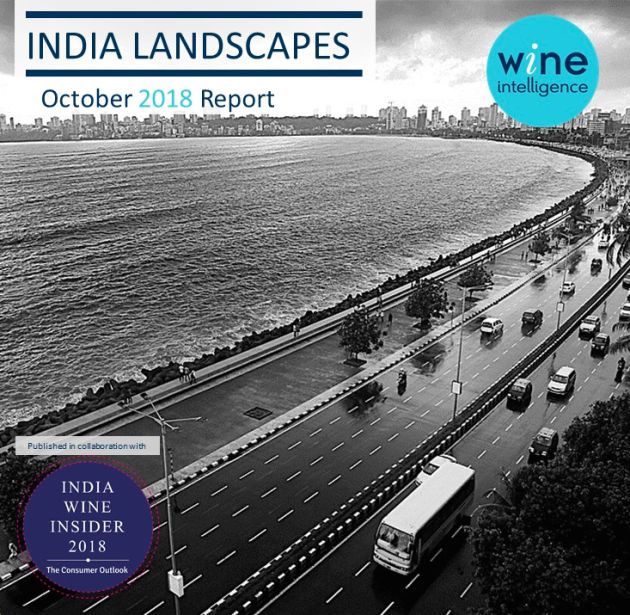
Wine Intelligence's first Indian report shows ‘great potential’ for the industry
Wine Intelligence has launched its first Indian report in collaboration with Sonal Holland MW.
The India Landscapes report, the first Vinitrac India survey to date, is aimed at finding out more about the wine market, consumption behaviours, attitudes and relationships with wine in the country.
Still in its infancy – demonstrated in the report by a “lack of knowledge about grape varietals, wine regions and brands” among consumers, the survey revealed “great potential” for the Indian wine industry, especially in terms of Millennials, said Wine Intelligence.
According to the report, 56% of India’s wine drinking population (those who live in urban areas and drink domestic or imported wine at least once in six months) is under the age 35, with those embracing wine as a part of a broad repertoire of beverage consumption, according to the research, which also revealed a strong consensus among the trade in India that the young generation were turning to wine more often than in previous years.
In addition, Millennials were also found to be open-minded about wine and keen to learn, with 89% saying they enjoyed experimenting with new and different wine styles on a regular basis.
“An increase in education across the trade and general population will help increase awareness level and general knowledge to hopefully be in line with the increased consumption rates,” said Wine Intelligence CEO Lulie Halstead.
The Indian wine industry delivered 14% compound annual growth from 2010 to last year, said Holland, making it the fastest growing alcoholic drink in India, adding rising disposable incomes, rapid urbanisation and changing lifestyles were expected to accelerate that growth.
“Alcohol sales are on the rise in modern India with Whisky, rum and beer continuing to dominate alcohol consumption in the country. However, the increasing availability of locally produced and imported wine has spawned significant consumer interest in wine, causing a shift in people’s drinking choices,” she said.
The study canvasses the opinions of drinkers in six key cities across India, including Mumbai, Delhi and Bangalore.




